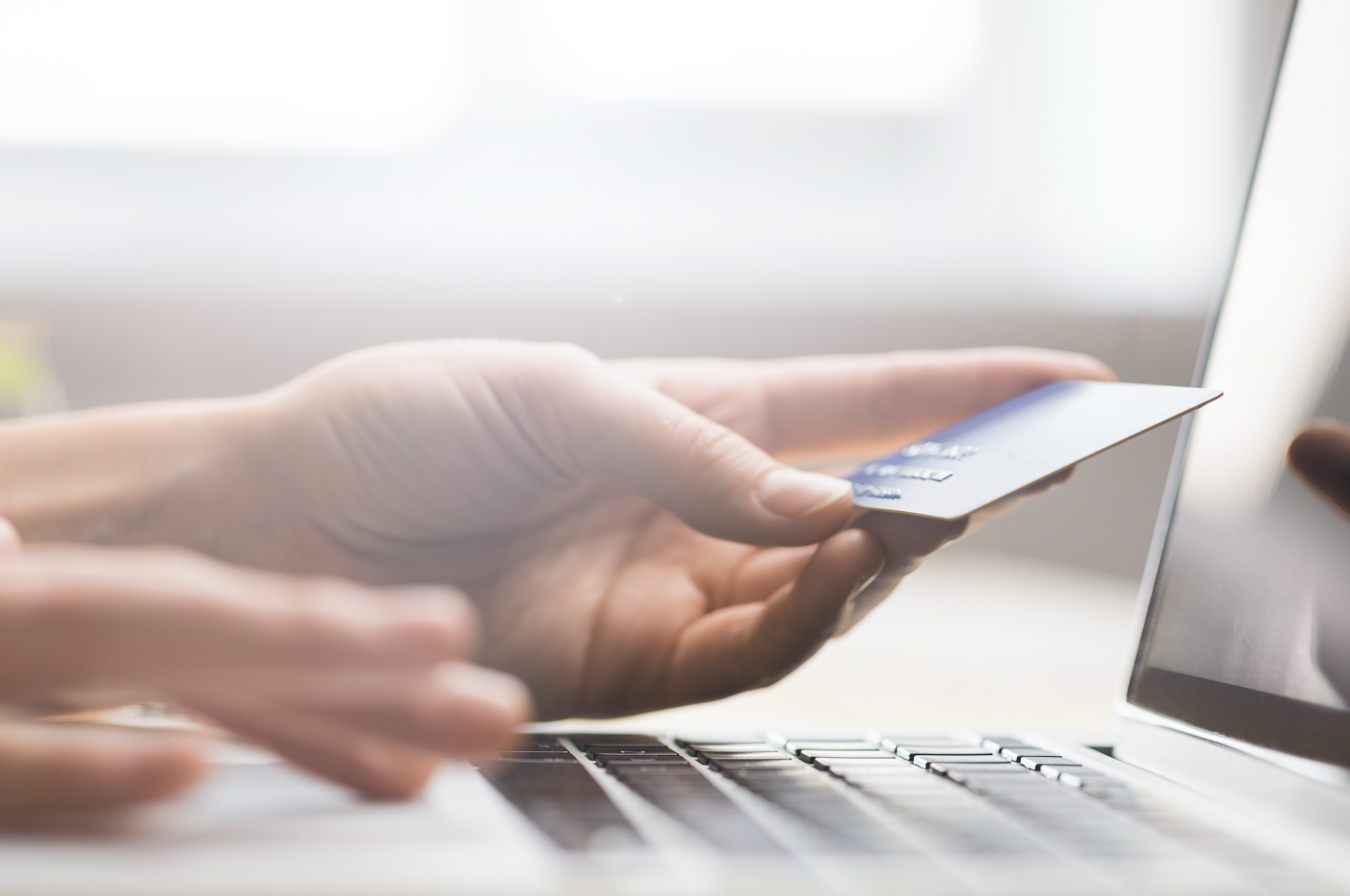
Credit Cards – The Basics
What is a credit card?
A credit card gives you access to a line of credit and can be used to make in-store and online purchases. (It can also be used to withdraw cash from an ATM as a cash advance, but this option is usually extremely costly.) A credit card is kind of like a convenient personal loan. Every time you use it, you’re borrowing money—the card issuer or financial institution covers your purchase, and then you’re responsible for paying them back at a later date. If you’re not able to pay off your balance in full, you pay interest on your outstanding balance. Most credit cards also charge an annual fee.
How does it work?
While having access to a credit card sounds great, remember to keep the following in mind.
- The Billing Cycle – This is the period between billings – it can vary from 20 to 45 days, depending on the credit card issuer. Within that time frame, purchases, credits, and any fees or finance charges are added to and subtracted from your account. When your billing cycle ends, you are billed for the remaining balance – this will be reflected on your credit card statement.
- Payment Timeline – Your statement also shows your payment due date, which is usually about 20 days after your billing cycle ends. This is also known as the grace period. During this time frame, you can pay your bill without penalty. In the meantime, your next billing cycle will already be underway – it starts with whatever balance was left unpaid at the end of the previous billing cycle and goes from there, adding and subtracting your credit card activity.
Treat Your Card Like Cash
Treating your card like cash will help make it easier to pay your balance in full. As a good rule of thumb, here are some dos and don’ts to follow.
- Do – Remember credit card transactions are mini – loans, pay for things within your regular budget, and decrease reliance on credit cards by saving up for an emergency fund.
- Don’t – Pretend that a credit card equals access to “extra income”, use credit to justify extravagant purchases, and postpone saving money simply because you have access to a credit card.
The Benefits of Paying in Full and On Time
Paying your balance in full and on time after each billing cycle is the best way to use your credit card responsibly.
- Build Credit – By using it responsibly, you’re contributing to your credit history, which will make it easier and more affordable to secure a loan in the future.
- Skip The Interest – By avoiding carrying a balance on your card, means the credit card company cannot charge interest on the balance.
- Stay Out of Debt – Sidestepping the cycle the minimum payments and interest charges, you’re able to use your credit card without the fear of spiraling into debt.
- Dodge Late Fees – Paying on time protects you from being hit with late fees and other penalties for missing payments.
A little bit of knowledge and self-discipline is all it takes to use this strategy effectively.
